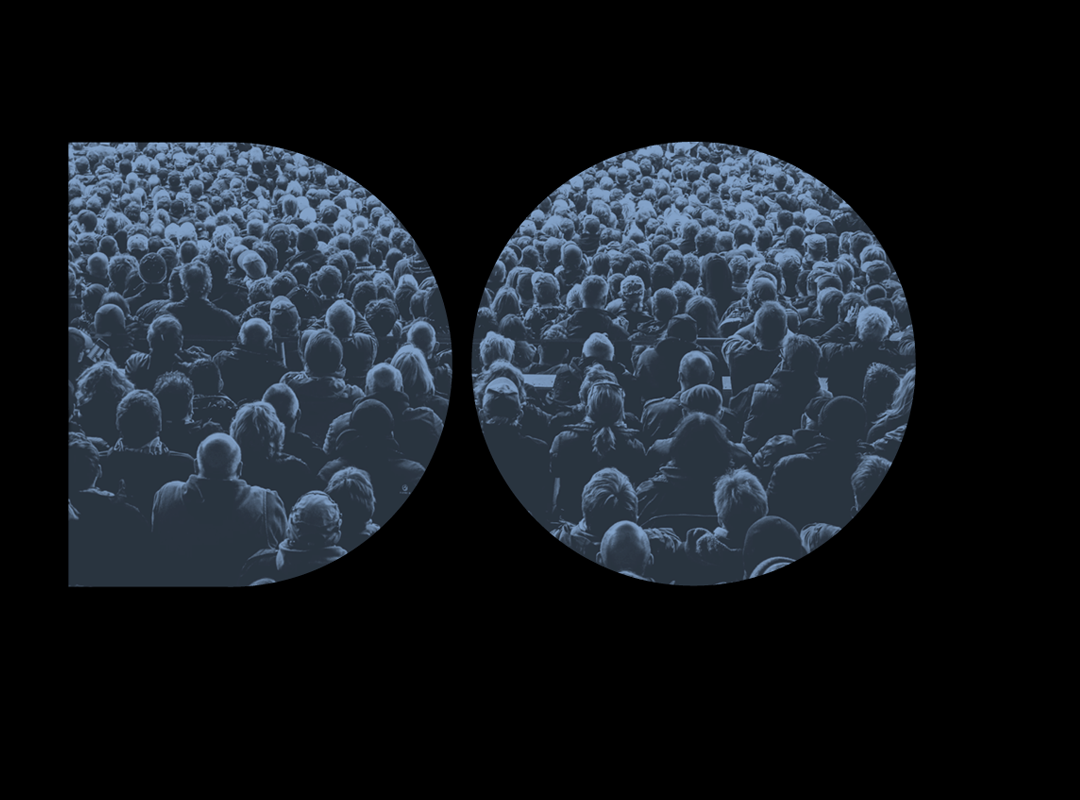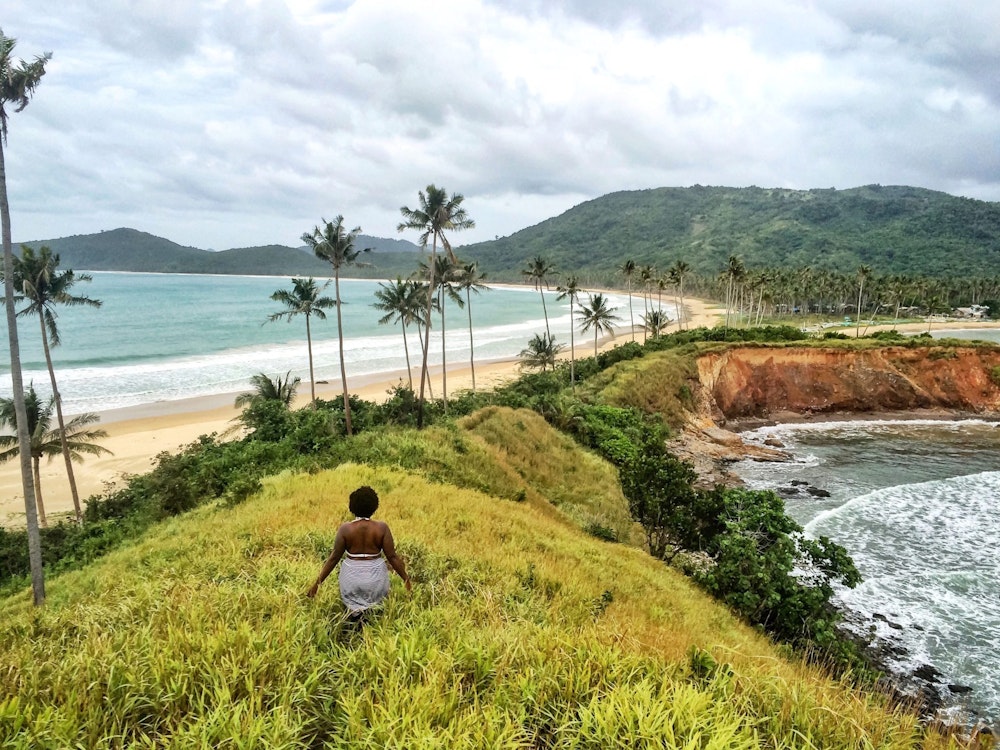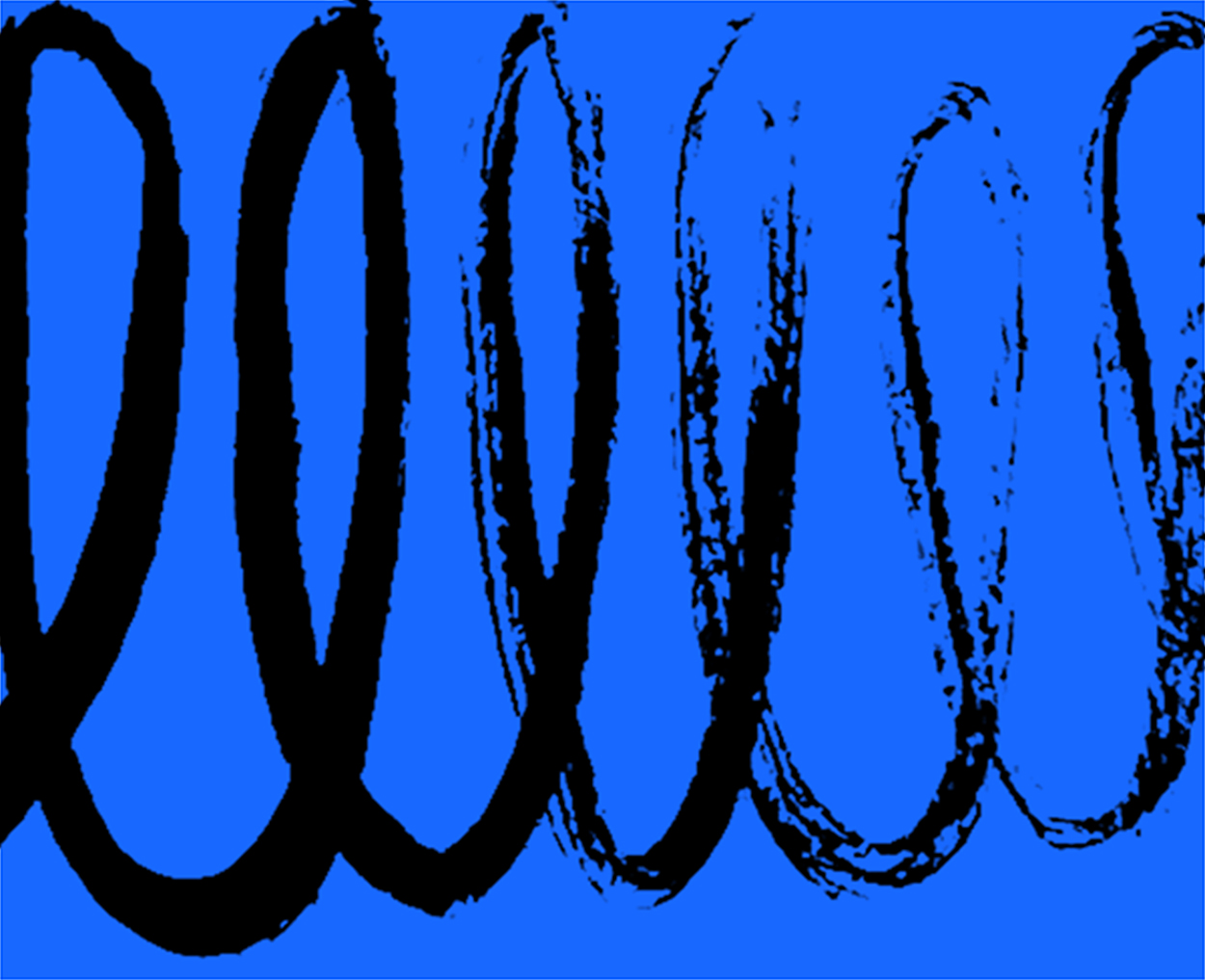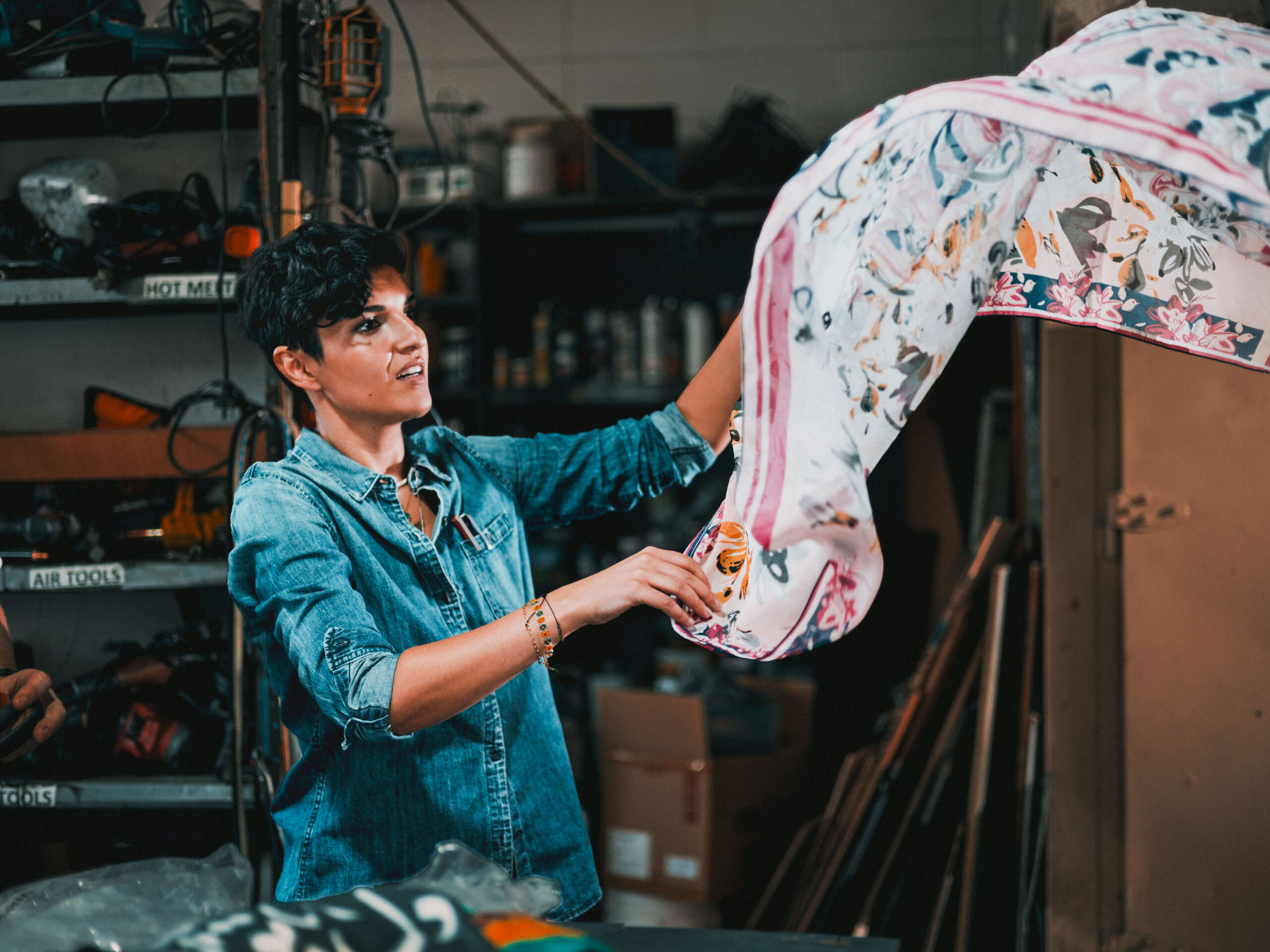
September 1, 2010
WeWare [September 2010]
This free monthly newsletter starts conversations on issues to do with design for resilience — and thereby reveals opportunities for action. It also brings you news of Doors of Perception events and encounters. Back issues are now archived on Design Observer. To subscribe to future newletters by John Thackara click here.
THIS MONTH’S HIGHLIGHTS?
Going to the DOG — Online Encounters — Pre-Renaissance Man — The New Cooperativism — How to Make Cooperation Easier — We Can Change The Weather — Buckminster Fuller Challenge — Making Sense of Renewables — 50,000 Landsharers — Re-think University — Design Museums and Social Change — Unplugged Diary — When The Pretending Stops — How To Make Less, More — Open Urban Gastronomy — Social Spaces — Radical Urban Sustainability
CHANGES HERE
GOING TO THE DOG…
Starting next month, I will be blogging at Design Observer Group (DOG). My books, personal writing archive and Twitter feed will also be based there in a new channel for writers named Observer’s Room. I’m thrilled at the prospect of working with professional editors to improve my content, and with platform developers on new publishing formats.
Meanwhile, we will refocus the Doors of Perception website on Doors of Perception events — including Doors of Perception 10 in India next year.
For the time being, you will continue to receive this free newsletter each month. It will take on a Design Observer look-and-feel, but your email address, which is the only detail of your’s we retain as a subscriber to Doors of Perception Report, will not be sold or given to any third party. As always, you may unsubscribe at any time.
….AND TO THE POTS
After years traveling the world in airplanes to speak at sustainability events, my low-emission online alternative is now available. In recent weeks I was compelled by a family matter to substitute my physical presence with a virtual one in Austria, China, Canada, the USA, and Brazil (Curitiba and Rio). These online encounters have a simple format: I make a customized-for-you 20 minute pre-recorded talk, which is downloaded in advance; this film is then shown at an event; this is followed by a live conversation between me and your group via Skype or POTS (Plain Old Telephone Service). The films are neither fancy nor glossy, but this simple combination seems to work well. If this could be of interest to you, or someone you know:
http://www.thackara.com/pressdownloads/thackara_speaker_online.pdf
http://tiny.cc/h5wfp
WE-WARE: THE COOPERATION MEME
PRE-RENAISSANCE MAN
Is it true that the Renaissance ‘never happened in Wales’ ? In re-reading “the internet and everyone” by john chris jones I’ve been astonished once again by the sensibility of an artist-writer-designer whose philosophy — indeed his whole life — first inspired me when I was a young magazine editor more than 30 years ago. Like another muse of mine, Ivan Illich, John Chris Jones was decades ahead of his time. He wrote about cities without traffic signals in the 1950s — sixty years before today’s avant garde urban design experiments. In the 1960s, Jones was an advocate of what today is called ‘design thinking’; then, it was called design methods. He advocated user-centered design well before the term was widely adopted. As a kind of industrial gamekeeper turned poacher, Jones went on to warn about the potential dangers of the digital revolution unleashed by Claude Shannon. Computers were so damned good at the manipulation of symbols, he cautioned, that there would be immense pressure on scientists to reduce all human knowledge and experience to abstract form. Technology-driven innovation, Jones foresaw, would under-value the knowledge and experience that human beings have by virtue of having bodies, interacting with the physical world, and being trained into a culture. The time is ripe now for a wider readership: His book “the internet and everyone” is beautifully designed and made, and the author will supply copies for £10 (half the original price) plus postage.
http://tiny.cc/v9ij1
THE NEW COOPERATIVISM
‘Talkoot’, a cooperative tradition of rural Finland, is now appearing, swarm-like, in cities. This is one one of the gems reported in a special edition of the online journal Affinities on ‘cooperative practices and values that create alternative modes of economic, cultural and social life’. Among articles by activists, practitioners and researchers, I especially liked Andrew Gryf Paterson’s ‘A Buzz between Rural Cooperation and the Online Swarm’ and ‘Social Centres and the New Cooperativism of the Common’ by Andre Pusey.
http://journals.sfu.ca/affinities/index.php/affinities/issue/current/showToc
http://tiny.cc/zbkao
HOW TO MAKE COOPERATION EASIER
“It’s not just about page views; nothing beats the face-to-face”. Bethnal Green Ventures in London is a practical school for people who want to use the web and mobile technology to change stuff that really matters: from health care and education, to employment and energy creation. The new venture concentrates on the internet and mobile networks because ‘we think the potential they hold for changing the way we organize our society is only just beginning to be felt’.
http://bethnalgreenventures.com/
WE CAN CHANGE THE WEATHER
Among one hundred tangible local initiatives in Marleen Wynants’ new book We Can Change The Weather, I especially like the sound of ‘Sailing Cargo around the Globe’, ‘Physalia Positive Energy Amphibious Garden’, ‘Prosperity Without Material Growth’, and ‘Green ICT Nomadic Applications’.
http://www.aspeditions.be/article.aspx?article_id=WECANC729F
BUCKMINSTER FULLER CHALLENGE
How are we to evolve beyond the short term reductionist thinking that dominates industrialized societies? The Buckminster Fuller Challenge is one element of this journey. A $100,000 prize supports the development and implementation of a solution that has significant potential to solve humanity’s most pressing problems. The Call for the 2011 Challenge closes soon.
http://challenge.bfi.org/press/2011CallAnnounced
MAKING SENSE OF THE RENEWABLES MAELSTROM
It’s a good thing that the range of renewable energy solutions is expanding exponentially. But how is one to choose among all the competing claims? Transition Maidenhead has set up a co-op to help people navigate the minefield of renewable technologies and take advantage of new UK government legislation which rewards householders for going solar.
http://www.transitionnetwork.org/news/2010-07-20/people-powered-renewable-co-op
http://tiny.cc/gk8ui
50,000 NOW LANDSHARING IN UK
Congratulations to Landshare for reaching 50,000 members — a great example in the UK of how the web can build resilience.
http://tiny.cc/9hma4
700 GREEN MAPS ONLINE
Shared and open knowledge of local resources is critical to communities in transition. So it’s great to learn that over 700 projects are now registered at Green Maps. Michigan’s Finlandia University is hosting an exhibition of Green Maps until 16 October; Green Maps founder Wendy Brawer will speak there on 23 September. A unique series of wetlands Green Maps is also on view at the 2010 EXPO in Shanghai; these maps were created by 30 university teams working with WWF China Green Map System
http://www.finlandia.edu/index.php?id=4239
RE-THINK UNIVERSITY
My good friends in Nova Scotia have launched The Goggles project. A quirky troupe of traveling players will collect and disseminate proposals for the role that universities can play in creating a sustainable world.
http://gogglesproject.org/
DESIGN MUSEUMS AND SOCIAL CHANGE
Every design action has consequences. Do we need a place and a process to discuss those consequences? Could design museums be that place? These were among pointed questions addressed at a Winterhouse Institute seminar in Italy; a report has now been posted at Change Observer. Some professionals present were sceptical that museums should take it upon themselves to direct social change. I’m sceptical, too, about commercial design firms jumping with too much abandon into the ‘social impact space’. But you decide. ‘Reasons Not to Be Pretty: Symposium on Design, Social Change and the Museum’ is online here:
http://bit.ly/cG9a0X
UNPLUGGED DIARY
“Hello, my name is Stephanie Smith. I checked out on Sept 1, 2010. This is the story of what happened next”
http://www.facebook.com/pages/Unplugged-Diary/149767348378179
http://unpluggeddiary.tumblr.com/page/2
FORTHCOMING ENCOUNTERS
WHEN THE PRETENDING STOPS
The Lens conference in Bangalore marks a turning point. For 20 years, most of us associated with design education have pretended that the transition to sustainability can be reconciled with perpetual economic growth. But this pretending phase is over. A system change is unavoidable. In Bangalore, I will propose three steps towards the goal of radical changes in the way we produce, consume and socially interact. LENS Conference Bangalore, 29 September to 1 October.
http://www.lensconference.polimi.it/
HOW TO MAKE LESS, MORE
My contribution to Vision2020 — Leicester’s ‘big discussion about its ‘visions for the future’ — is a talk called ‘How To Make Less, More’. The event brings together change leaders from communications, retail, transport, technology, property, law and finance. Smaller cities are often better placed to act on ideas that metropolitan centres just talk about, so I’m looking forward to the event. I’m especially intrigued by a CD called Oneplanet, sent to me by an Islamic environmental group in the city. It contains verses from the Koran that speak to such environmental issues as ‘Cosmos and Creation. (Information about the CD from [email protected]) Vision20202 is on Wednesday 13 October, Leicester.
http://www.vision2020.org.uk/
OPEN URBAN GASTRONOMY
A “people festival” has invited residents of the Kortrijk region and Flanders to think up innovative concepts. I’m especially intrigued by a new organization called TimeLab, a workplace for art, technology and daily life. It features ‘people doing strange things with electricity’ and a restaurant called fabFood that features ‘open urban gastronomy’ that involves ‘DIY cooking and gardening, horizontally and vertically, high and low tech, sweet and sour’. A roof garden will be equipped with ‘Open Source DIY sensors, irrigation systems and other charming electronics. It all sounds Fab. I’ll be there on Monday 18 October.
http://www.timelab.org/
http://www.innovationfestival-kortrijk.be/
SOCIAL SPACES
Tessy Bitton has created a terrific book called ‘Hand Made: Portraits of Emergent New Community Culture’. It features 26 innovative projects that explore new ways to create connection and community. Between October 2010 and March 2011,Tessy will run free workshops around the UK that draw on the book’s inspiring lessons.
http://www.socialspaces.org/
http://www.blurb.com/books/1541053
RADICAL URBAN SUSTAINABILITY
Scott Kellogg and Lauren Ross expose attendees to a “toolbox” of techniques in this intensive weekend workshop. Topics range from low-tech bioremediation (cleaning contaminated soils using plants, fungi and bacteria) through rainwater harvesting, aquaculture, worm composting, city chickens and micro-livestock. 2-3 October, Albany. New York.
http://radixcenter.org/workshops/rust/
Observed
View all
Observed
By John Thackara
Related Posts

Business
Courtney L. McCluney, PhD|Essays
Rest as reparations: reimagining how we invest in Black women entrepreneurs

Design Impact
Seher Anand|Essays
Food branding without borders: chai, culture, and the politics of packaging

Graphic Design
Sarah Gephart|Essays
A new alphabet for a shared lived experience

Arts + Culture
Nila Rezaei|Essays
“Dear mother, I made us a seat”: a Mother’s Day tribute to the women of Iran
Recent Posts
Candace Parker & Michael C. Bush on Purpose, Leadership and Meeting the MomentCourtney L. McCluney, PhD|Essays
Rest as reparations: reimagining how we invest in Black women entrepreneurs Food branding without borders: chai, culture, and the politics of packaging Why scaling back on equity is more than risky — it’s economically irresponsibleRelated Posts

Business
Courtney L. McCluney, PhD|Essays
Rest as reparations: reimagining how we invest in Black women entrepreneurs

Design Impact
Seher Anand|Essays
Food branding without borders: chai, culture, and the politics of packaging

Graphic Design
Sarah Gephart|Essays
A new alphabet for a shared lived experience

Arts + Culture
Nila Rezaei|Essays
